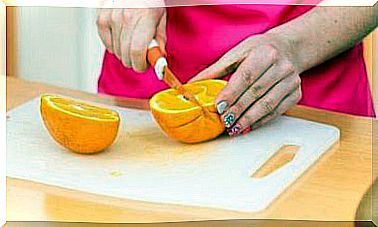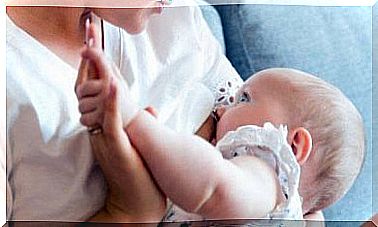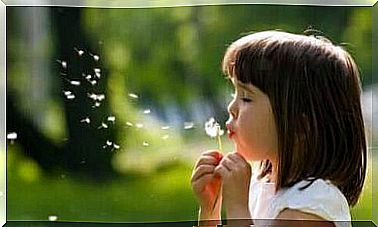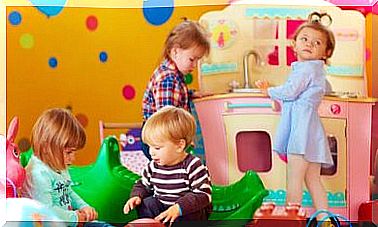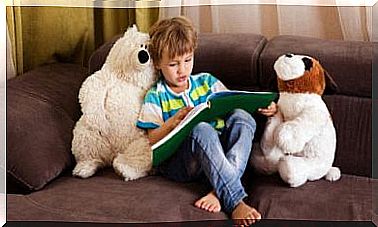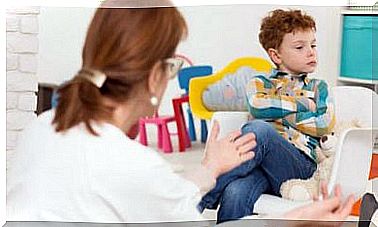Harmful Shame In Children: How Does It Develop?
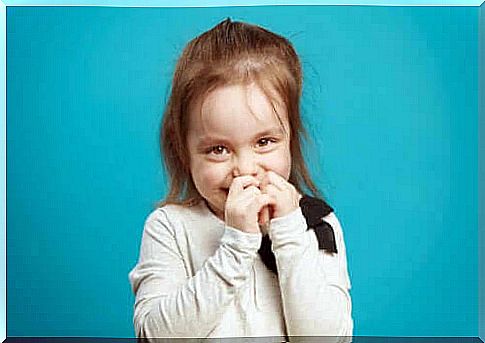
It is common to be ashamed sometimes. This is a normal feeling that sometimes makes us sad when our failures are revealed. For example, if we make a mistake when we speak in front of an audience or stumble and fall. However, this can turn into harmful shame in children if they from a young age begin to associate shame with fear.
Shame in itself is not bad. In fact, this can even be a useful and positive feeling because it can help us change inappropriate behaviors into more acceptable ones. But what happens if we punish children immediately after a situation where they feel ashamed? How do children develop harmful shame? Below we will address these issues.
Shame, a tool for children’s learning
Shame is a feeling that helps us improve inappropriate behavior. It is an acquired and cultural behavior and it helps many young people to learn to interact in their society.
But different cultures make us develop different behaviors because what may occur in one culture may not be appropriate in another. As a result, behaviors that activate shame can shift from one place to another. However, the very feeling of shame is universal.
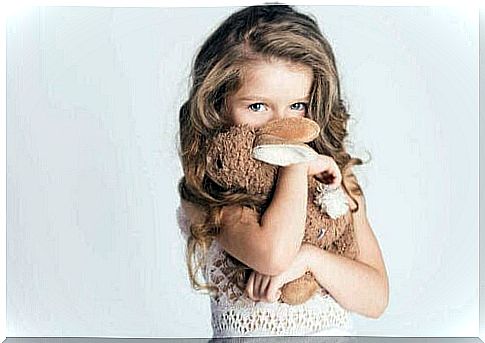
It is very normal for children to be ashamed sometimes because it is actually something that helps them fit into society. This is because it reinforces, in a negative way, when they break a social norm. In other words, it makes them less likely to repeat the action.
What happens if parents punish children after a situation where they are ashamed?
In these cases, the child may associate a feeling of shame with fear and this may create obstacles to their learning and development. It can wrongly make them feel vulnerable and alone. These feelings can make the child feel misunderstood or make them feel that they are not good enough as they are.
As a result, it is always important that you try to correct behavior with kindness and tenderness so that children learn their lesson, but do not associate it with something bad. That way, they continue to feel positive. At the same time, it allows you to help correct mistakes without making the child feel less valuable as a person.
Why do children develop harmful shame?
Children who are punished for every mistake they make or every inappropriate behavior that their parents see can eventually develop harmful shame. This can cause extreme embarrassment, which can affect their self-esteem and self-confidence. Therefore, it can also have a big impact on their lives.
Can you transmit harmful shame from yourself to your children? Yes, you can transmit destructive shame to your children in different ways. For example, you may be in a public place when your child has a rage. It can make you feel embarrassed and scold him or her. This gives the message that the cause of the child’s tantrum is not important, and instead your child will just be ashamed.
If this happens, it is best to talk to your child and explain why you reacted the way you did and why their behavior was inappropriate . We can all learn from our mistakes, and our children too.
How can we avoid harmful shame in children?
It is important that parents work with their own feelings and reactions. You need to be aware of what makes your children ashamed to try to fix it. As we know, children follow their parents’ behavior. To try to prevent you from passing on your own destructive shame to your children, you can keep the following tips in mind:
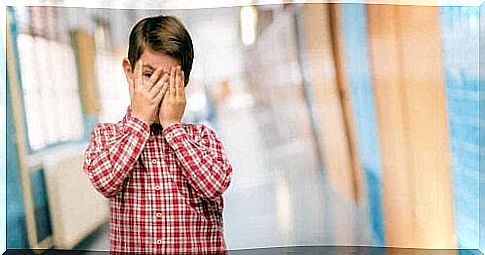
Avoid punishments and insults
If you want your child to change his behavior, you need to show empathy. This way, your child can begin to distinguish between appropriate and inappropriate behavior without having to resort to punishment.
Always train with positive reinforcement
If you focus on positive reinforcement, your child’s brain will begin to control impulses and develop nerve connections. The more understanding you show your child, the more they can channel these impulses. If, on the other hand, they are criticized, they will resist any attempt to control their behavior.
Be a good role model for the behaviors and attitudes you want to see in your children
We all know that parents are the most important role models for their children. Children naturally accept that everything their parents do is right and proper. However, this means that it is difficult for them to learn behaviors that they do not see at home. So remember that if you scream, they will do the same.
Speak freely and openly and avoid making topics taboo
If there is no open dialogue at home, your children can start keeping secrets from you about topics that make them ashamed. It is common for children to start hiding things that you do not talk about or that they think are wrong and this causes more harm. As a result, it is important not to avoid certain substances so that they do not become taboo.
Avoid harmful and destructive shame in children
As you can see, harmful shame in children can give rise to insecurity, low self-esteem and low self-esteem, and even several other problems. Now that you know what it is and how you can prevent children from developing this problem, you can use some of the tips we have discussed here. It is especially important to prevent this type of shame from being passed on from one generation to another.
